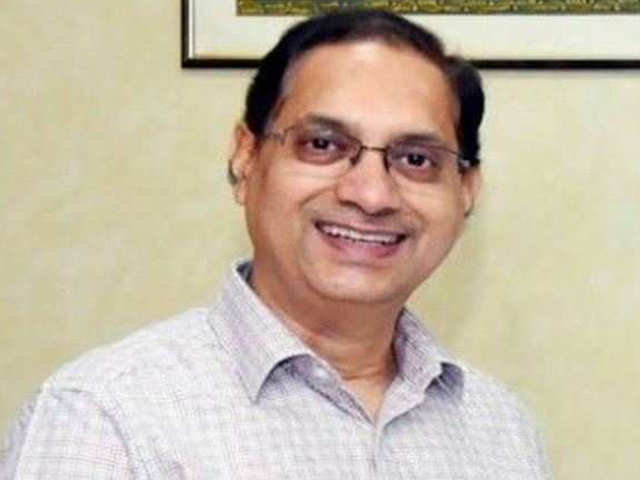PM Modi along with Finance Minister Nirmala Sitharaman have separately held meetings with numerous economists, industrialists, farmers, and others to hear their views on the measures which can be taken up to rectify the slow economy growth rate.
As FM Sitharaman is preparing well to deliver her budget speech on February 1, certain key personalities in the government are helping her out behind the scenes to draw up the income-and-expenditure plan.
Let's meet the personalities:
Also Read: Budget 2020: Rising inflation pushes RBI back, puts government responsible for growth
Rajiv Kumar: He is among the top bureaucrats in the finance ministry, has overseen bold banking reforms, which included the plans of merging state-run banks and a massive recapitalization drive to help lenders laden with one of the worst bad-loan ratios in the world. Kumar is expected to provide important inputs to steer the shadow banking sector out of crisis, and give a push to credit growth to boost consumption in the economy.
Atanu Chakraborthy: He is an economic affairs secretary, a government-assests sale expert who has consigned India's maiden overseas sovereign bond sale plan to the back-burner. While economic expansion slipped below 5 per cent under his watch, a panel led by him prepared a more than $1 trillion infrastructure investment program to revive growth. His inputs are critical in determining India's budget deficit goal, as also raising resources to pump-prime the economy.

TV Somanathan: Somanathan, the latest entrant to the finance ministry, has his task cut out: rationalizing government spending in a manner that it boosts demand and minimizes wasteful expenditure. Having worked in the prime minister's office earlier, he would probably understand better what kind of a budget PM Modi would like to see.

Ajay Bhushan Pandey: Pandey is assigned with raising resources and is probably the bureaucrat most under pressure, given lower-than--estimated revenue collection amid a slowdown. With $20 billion worth of corporate tax cuts last year yet to yield results in terms of investments, he might influence adoption of some of the proposals in the Direct Tax Code, which has suggested doing away with some of the exemptions.
Tuhin Kanta Pandey He is responsible for the strategic sale of Air India Ltd -- bids for which were invited Monday -- and other state-owned companies, with divestment forming a major chunk of the government income mobilization efforts. Although the current year target of Rs 1.05 lakh crore is likely to be missed by a mile, a huge target next year isn’t ruled out.

